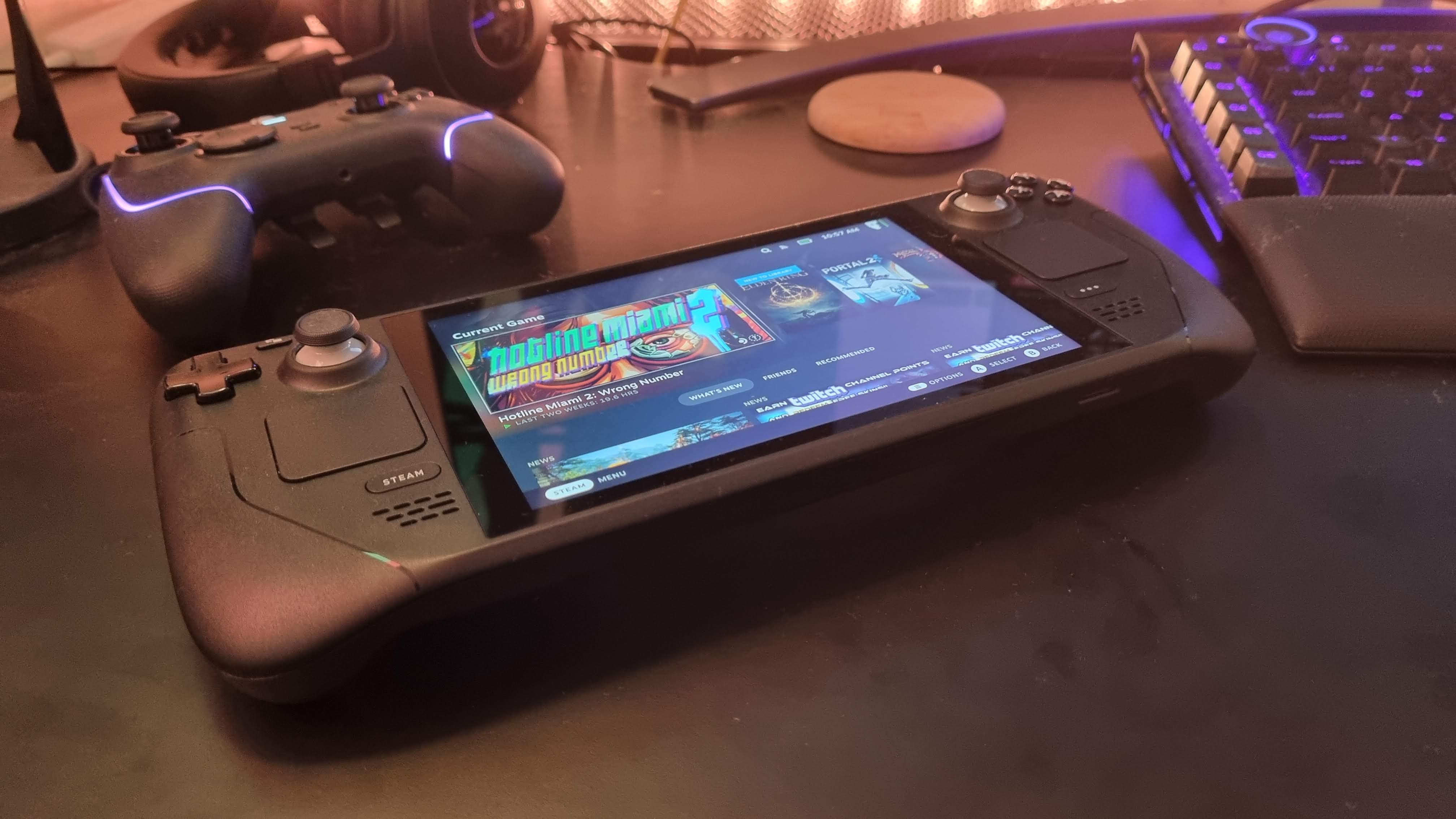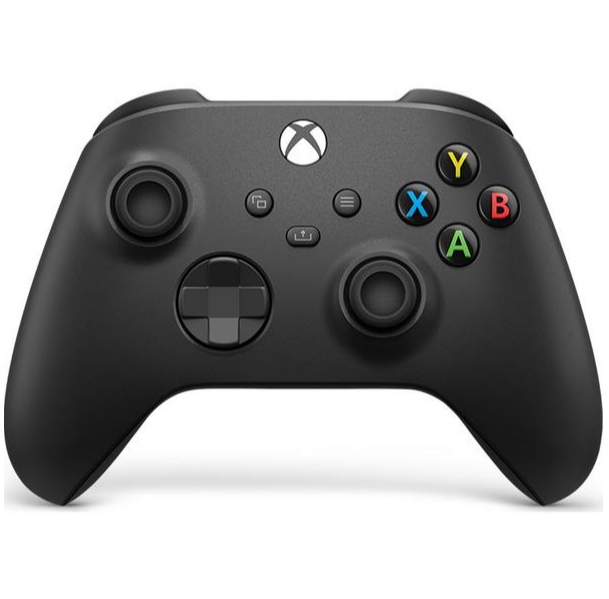The Steam Deck 2 sounds like it'll be a huge leap in performance, but there's one big reason why it doesn't exist yet
There isn't a powerful-enough CPU to do a sequel justice

- A Valve engineer has indicated that a Steam Deck 2 is still a long way off
- There isn't a powerful enough chip to do the sequel justice, we're told
- However, Valve does have a "pretty good idea of what the next version of Steam Deck is going to be"
All the chatter has been about the new Steam Machine since Valve revealed its plans to resurrect the device, but the Steam Deck 2 has also been mentioned amid said chatter – though we're told the time still isn't right for a sequel to the portable.
That's what we heard from Valve software engineer Pierre-Loup Griffais (who works on SteamOS) in an interview with IGN which was mostly focused on the Steam Machine.
However, when IGN mentioned the Steam Deck and how it's "aging a little bit", and whether there might be any plans for an upgraded handheld, Griffais repeated previous sentiment that we aren't yet at a point where upgrading the internal components would make enough difference to a potential Steam Deck 2.
Griffais observed: "We're not interested in getting to a point where it's 20 or 30 or even 50% more performance [than the existing Steam Deck] at the same battery life. We want something a little bit more demarcated than that.
"So we've been working back from silicon advancements and architectural improvements, and I think we have a pretty good idea of what the next version of Steam Deck is going to be, but right now there's no offerings in that landscape, in the SoC landscape, that we think would truly be a next-gen performance Steam Deck."
In short, while there may be some powerful new SoCs – system-on-chips, meaning all-in-one processor and graphics solutions – on the market, they aren't peppy enough right now. Valve wants mobile chips with more grunt for a Steam Deck 2.
Analysis: It's all about the software, really

If all this sounds familiar, it's because this was the same line of thinking that Valve was holding to two years ago. At the time, that led people to think that a Steam Deck 2 might be on the cards for 2026 or so, which clearly isn't happening. Indeed, more recent rumors indicate a 2028 launch, and that could be a possibility – though it sounds like nothing is remotely set in stone given these latest comments from Griffais.
Sign up for breaking news, reviews, opinion, top tech deals, and more.
Let's face it: Valve now has new hardware to concentrate on, with the big push to dominate the living via the reborn Steam Machines. That will surely be the focus for the nearer-term – but in many ways, it's the software that's really key for Valve.
The reason Valve believes a Steam Machine will work now – when the first take flopped towards the end of the last decade, as you may recall – is because SteamOS, and Linux game compatibility (via the Proton translation layer), is in a much better position than it was some 10 years ago when the original Steam Machine was officially launched.
And Valve needs to continue driving forward with SteamOS and game compatibility in general, as a priority, because this is the key to the future of tempting PC gamers away from Windows 11. Good hardware is important, of course, but it's really the moves on the software front which are vital, and which indeed are a big part of the reason behind the Steam Machine getting another crack at the whip now, with the device much more likely to be successful.
For those pouring scorn on the hardware specs of the second-gen Steam Machine, well, yeah – this is not the beefiest gaming spec around, by any means. However, remember that there are other mini PCs out there which are beefier – and there's nothing to stop enthusiastic gamers buying one of those and sticking SteamOS on it. Valve wins in this scenario, too, because it's still driving SteamOS adoption and game purchases on Steam. (And this gives us hope that Valve won't push too hard with the pricing of the Steam Machine, too).
Games sales going up is going to represent the ultimate financial reward for Valve here, not profits on hardware sales, which is another reason a Steam Deck 2 is probably quite some way off. Particularly with the Steam Machine development to consider, why should it be a priority to deploy a sequel to the Steam Deck until the hardware of the original really starts to creak and show its age? Further consider that it's nice for gamers to be able to buy a device and not have it feel outdated because the sequel comes out relatively soon after.
I think Valve has adopted a smart strategy here, and it's one that might worry Microsoft – there's no shortage of gamers looking to ditch Windows 11, and while there's no realistic alternative for many folks yet, that may not be the case for much longer as work on SteamOS and Proton pushes forward.

➡️ Read our full guide to the best PC controllers
1. Best overall:
Xbox Wireless Controller
2. Best budget:
GameSir T4 Kaleid
3. Best premium:
Razer Wolverine V3 Pro
4. Best wired:
Thrustmaster eSwap X2
Follow TechRadar on Google News and add us as a preferred source to get our expert news, reviews, and opinion in your feeds. Make sure to click the Follow button!
And of course you can also follow TechRadar on TikTok for news, reviews, unboxings in video form, and get regular updates from us on WhatsApp too.
Darren is a freelancer writing news and features for TechRadar (and occasionally T3) across a broad range of computing topics including CPUs, GPUs, various other hardware, VPNs, antivirus and more. He has written about tech for the best part of three decades, and writes books in his spare time (his debut novel - 'I Know What You Did Last Supper' - was published by Hachette UK in 2013).
You must confirm your public display name before commenting
Please logout and then login again, you will then be prompted to enter your display name.